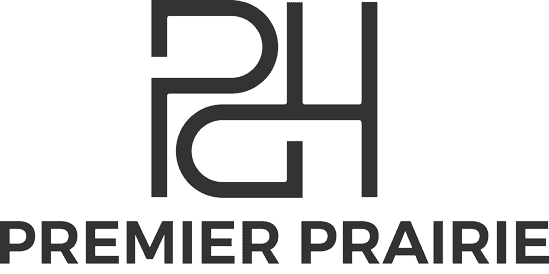A strong lease agreement is the backbone of a successful rental property. It protects landlords and tenants, sets clear expectations, and ensures smooth tenancy transitions. However, not all lease agreements are created equal—and crafting one without proper knowledge can leave costly gaps.
Here are some essential do’s and don’ts for lease agreements to help you avoid legal headaches and unnecessary expenses.
Don’t: Create Your Own Lease from Scratch
A lease is a legally binding contract, and missing key clauses can make it difficult to enforce in case of disputes. Every province or state has different landlord-tenant laws, and if your lease doesn’t comply, it may not hold up in court. Pro Tip: If you need a strong lease template, reach out to us—we’d be happy to share one!
Do: Require Professional Cleaning at Move-Out
A common frustration for landlords is turnover cleaning. To minimize hassle, include a clause requiring tenants to hire professional cleaners before moving out and provide a receipt. If they fail to do so or leave the unit in poor condition, this provides clear justification for withholding part of their security deposit to cover cleaning costs.
Don’t: Ignore Clear Rules on Smoking & Pets
If you allow pets, define your cost structure upfront—whether it’s a non-refundable pet deposit or a monthly pet fee. This avoids disputes down the road. However, be aware of legally licensed support animals—these may be exempt from pet fees, but landlords can require proper documentation.
Similarly, smoking policies should be explicitly stated. Pro Tip: If you allow smoking, limit it to outdoor areas to prevent property damage and lingering odors.
Do: Understand the Lease Type & Renewal Process
A month-to-month lease gives flexibility but requires a 12-month notice for rent increases in Saskatchewan. On the other hand, fixed-term leases (12+ months) require a 60-day notice before the lease ends, informing tenants whether they can renew or must vacate. Skipping this step can create last-minute vacancies and cash flow disruptions.
Don’t: Assume Tenants Will Handle Outdoor Maintenance
Do: Specify Who Pays for Utilities
In cold climates like Saskatchewan, including utilities in rent can be risky. Some landlords have faced $1,000+ heating bills in a single month because tenants left baseboard heaters on with windows open in winter!
To avoid this, either:
✔ Have tenants pay for their utilities directly.
✔ Set a monthly utility cap and charge overages to prevent excessive use.
Don’t: Allow Subletting Without Approval
Imagine spending weeks vetting the perfect tenant, only to find out they’ve moved out and sublet the unit to someone you never screened. Without a clear no-subletting clause, this can become a nightmare. If you allow subletting, require written approval so you maintain control over who occupies the space.
Do: Assign Responsibility for Minor Repairs
Clogged toilets and sinks often result from tenant misuse (think: flushing toys or food grease). If the lease doesn’t specify otherwise, landlords may get stuck covering these repair costs. Pro Tip: Clearly state that minor plumbing issues are the tenant’s responsibility.
Don’t: Overlook Restrictions on Business Use
If a tenant runs a business out of your rental property, this could violate insurance policies—especially if they’re doing car repairs in the garage. Make sure your lease restricts unauthorized business activities to avoid denied insurance claims in case of property damage.
Final Thoughts
A well-written lease agreement is more than just a document—it’s a blueprint for smooth property management. By avoiding these common pitfalls, landlords can protect their investments, maintain positive tenant relationships, and prevent costly legal disputes.
Want a rock-solid lease agreement that aligns with Saskatchewan rental laws? Contact us today, and we’ll be happy to share a strong lease template to set you up for success!
